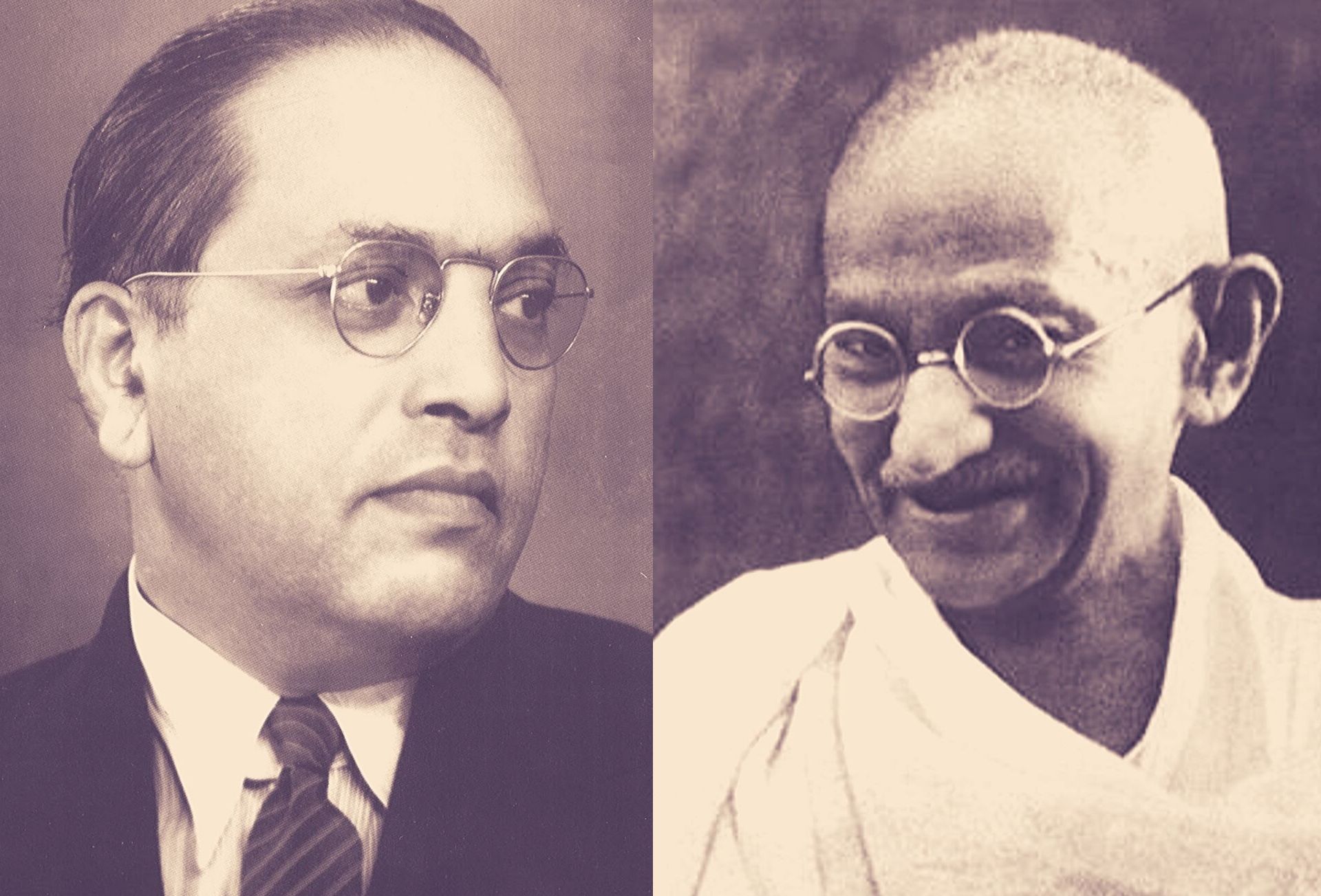Poona Pact: A Landmark Agreement on Dalit Representation
History Indian HistoryPosted by NewAdmin on 2025-02-11 08:42:47 |
Share: Facebook | Twitter | Whatsapp | Linkedin Visits: 32

The Poona Act, signed on September 24, 1932, was an important agreement between Mahatma Gandhi and Dr. B.R. Ambedkar regarding the representation of the depressed classes, later known as Scheduled Castes, in the legislative system of British India. The agreement was a result of intense negotiations following the British government's decision to grant separate electorates to the depressed classes under the Communal Award announced by Prime Minister Ramsay MacDonald in August 1932.
The Communal Award had proposed separate electorates for various religious and social groups, including Muslims, Sikhs, Christians, and the depressed classes. This meant that members of these communities would vote only for candidates from their respective groups, which was intended to ensure political representation. However, Gandhi strongly opposed the idea of separate electorates for the depressed classes, believing that it would further divide Hindu society and weaken the fight for independence. In protest, Gandhi undertook a fast unto death while imprisoned in the Yerwada Central Jail in Pune, demanding that the depressed classes should remain part of the Hindu electorate rather than having a separate political identity.
Dr. Ambedkar, who was the leading voice for the rights of the depressed classes, initially defended the separate electorate system as a necessary safeguard to ensure political empowerment for the marginalized community. However, given Gandhi’s deteriorating health and mounting pressure from various leaders, a compromise was reached through the Poona Pact. According to the terms of the agreement, the depressed classes would no longer have a separate electorate but would receive increased representation in the provincial legislatures through reserved seats within the general electorate.
As a result of the pact, the number of reserved seats for the depressed classes was significantly increased compared to what was initially proposed under the Communal Award. Instead of the 71 seats allocated under the award, the Poona Pact ensured 148 reserved seats in provincial legislatures. Additionally, provisions were made to ensure adequate representation for the depressed classes in government jobs and education.
The Poona Pact was a landmark event in India's political history, as it highlighted the struggle for social justice and the complexities of balancing national unity with the rights of marginalized communities. While it was a victory for Gandhi’s vision of Hindu unity, it also underscored the deep-rooted inequalities within Indian society, which Dr. Ambedkar continued to address throughout his political career. The pact ultimately influenced future policies regarding the representation of Scheduled Castes in independent India’s political and social system.
Search
Categories
Recent News
- Bengaluru Metro's Pink Line Expansion: A Breath of Fresh Air for Commuters
- Ghana's Youth Drug Crisis: A National Tragedy
- India's Services Sector Soars: A Boost for the Economy
- Gold Bond Investors Face New Tax Reality
- Bengaluru Colleges Face Uncertain Future: The Looming Fee Hike Crisis
- Anna University Convocation: Minister's Absence Sparks Speculation
- GATE 2026: Countdown to the Crucial Exam
- Sisters' Tragic Fall: A Shocking Wake-Up Call for Ghaziabad